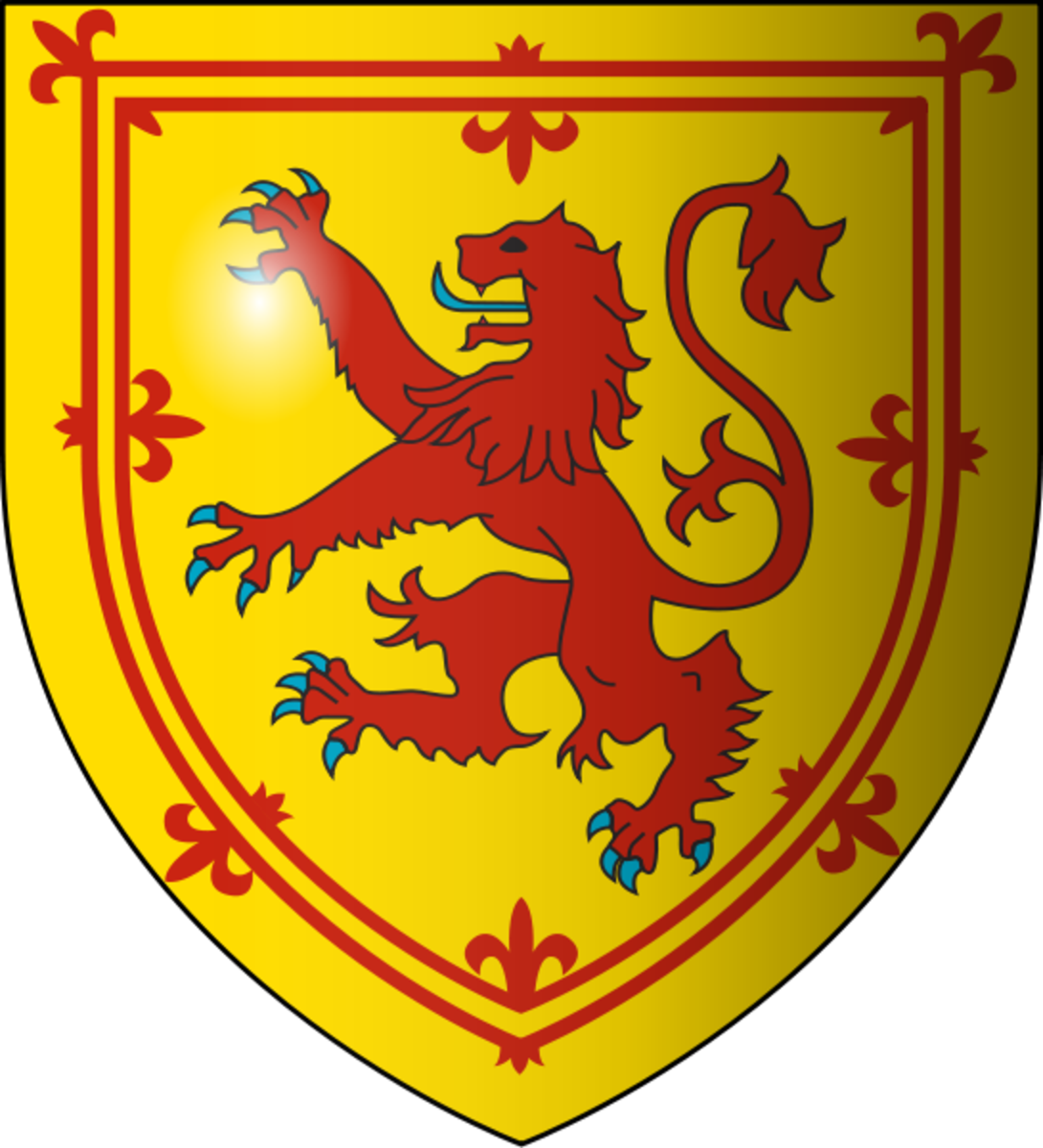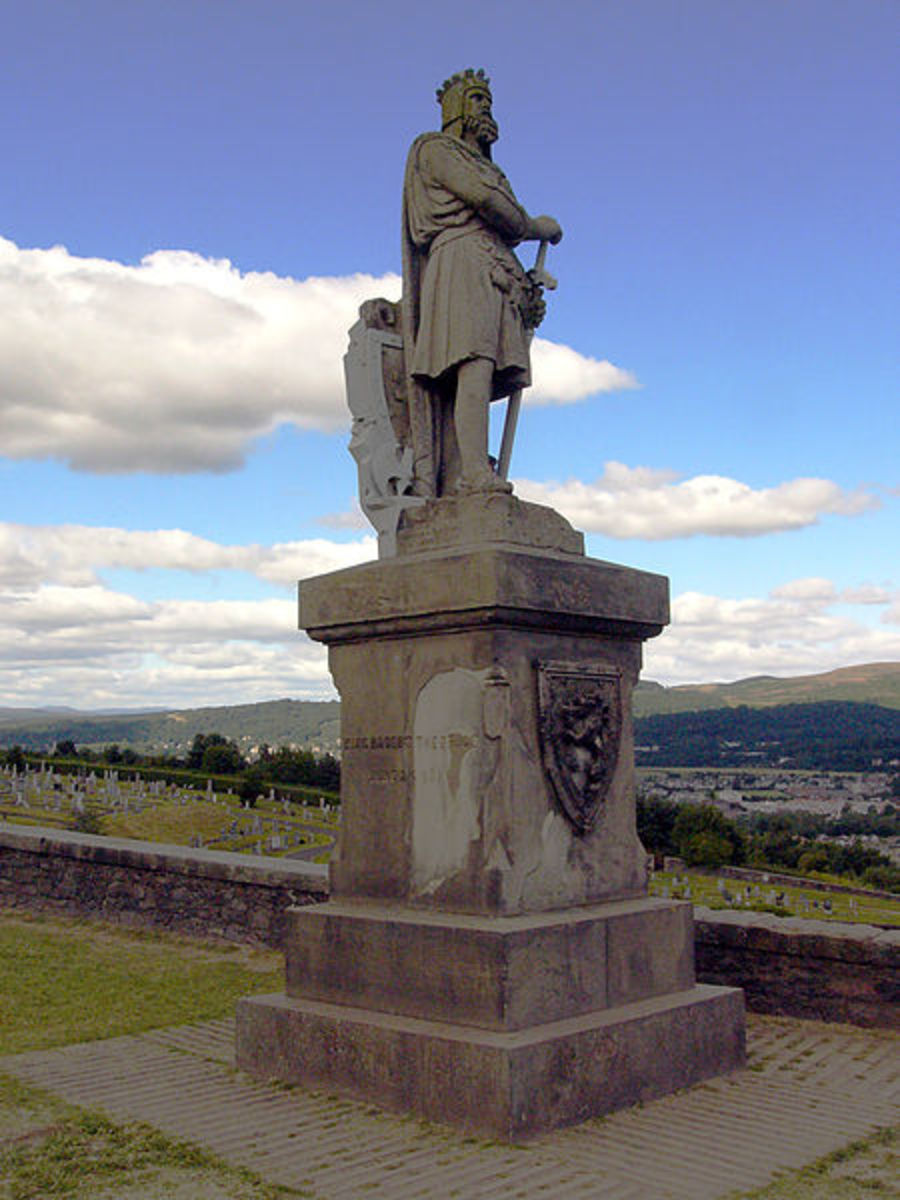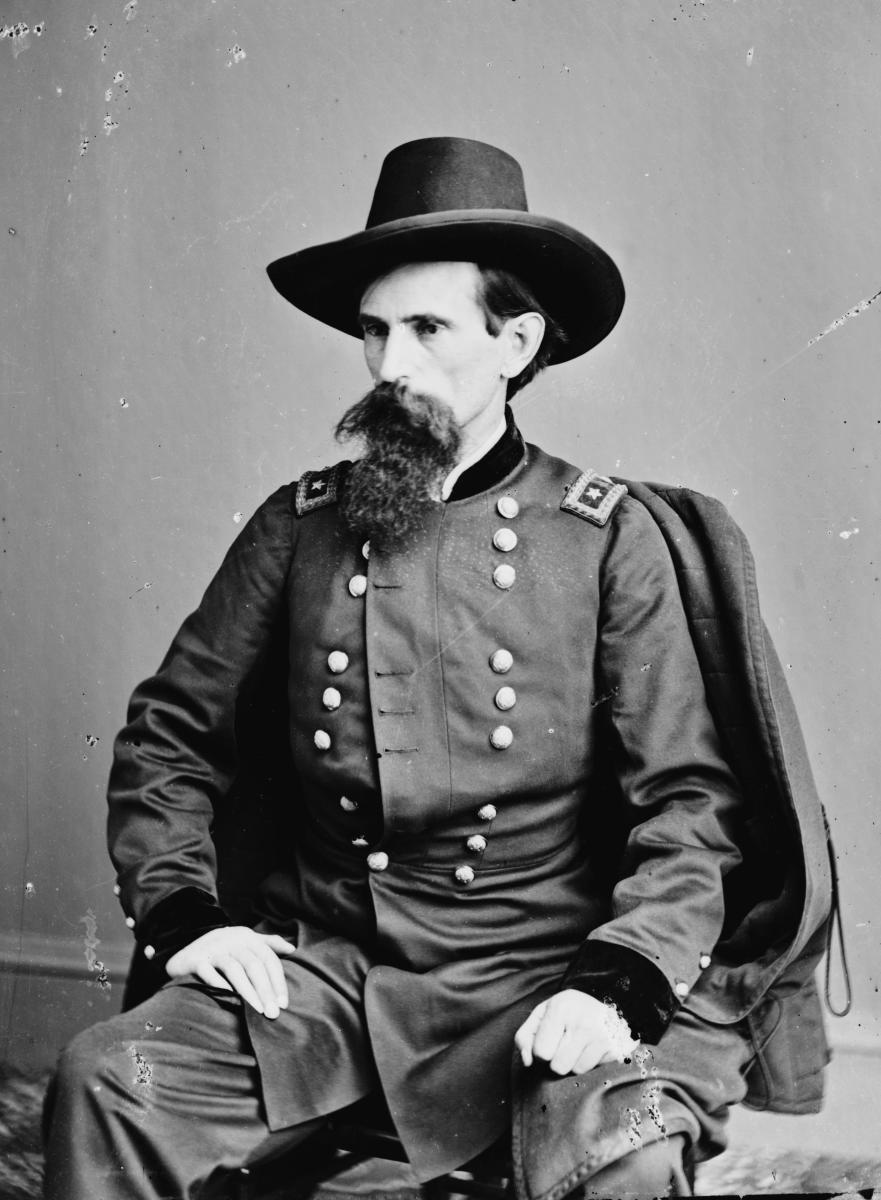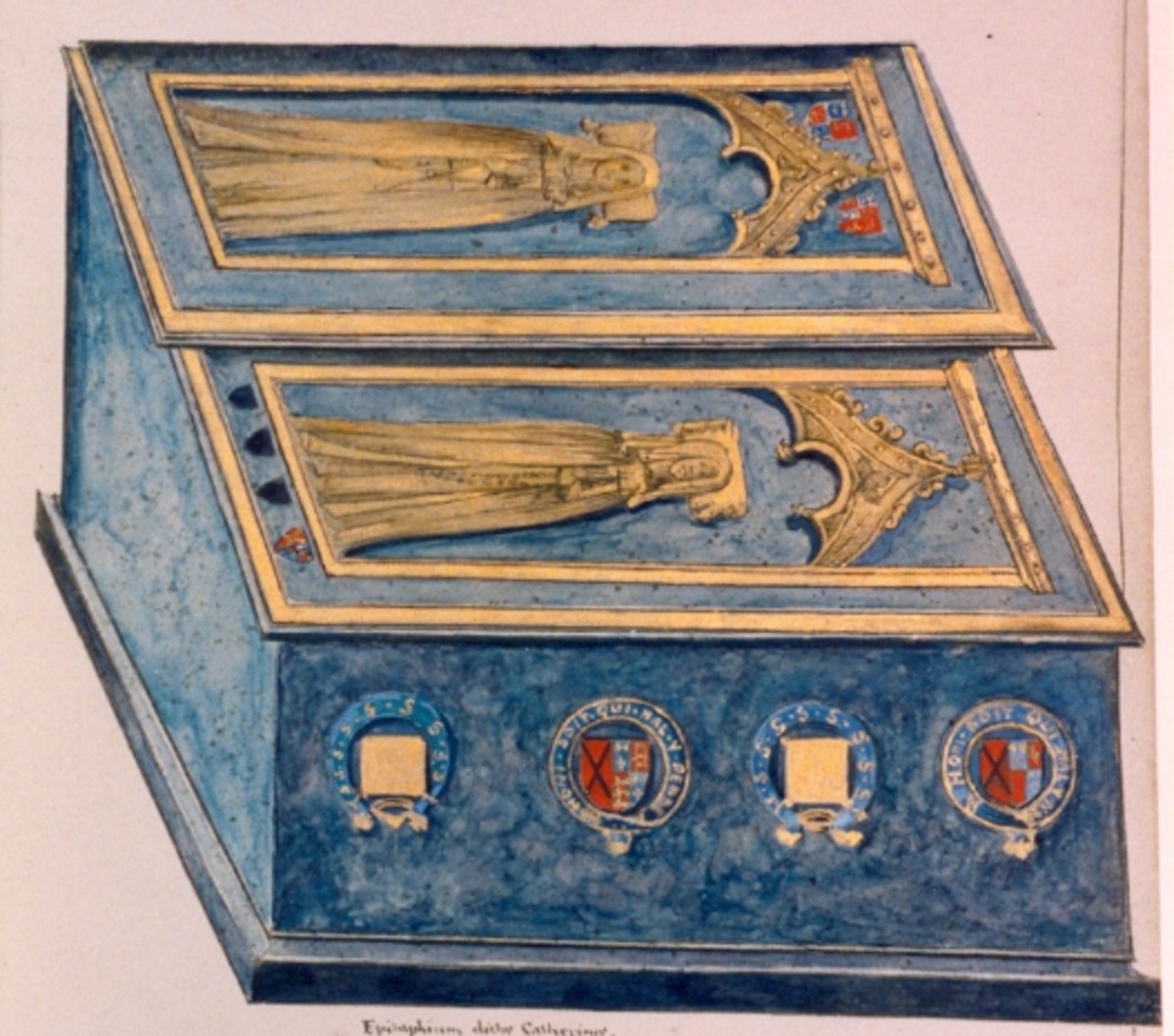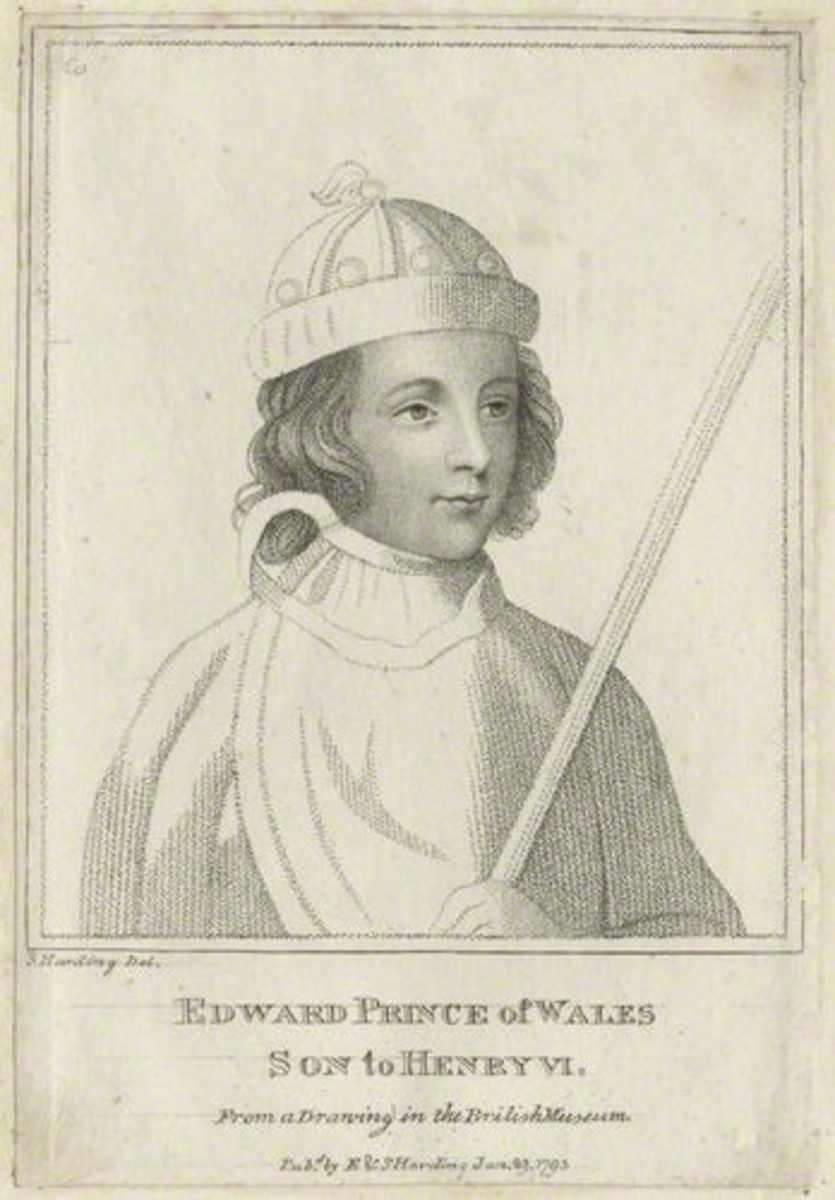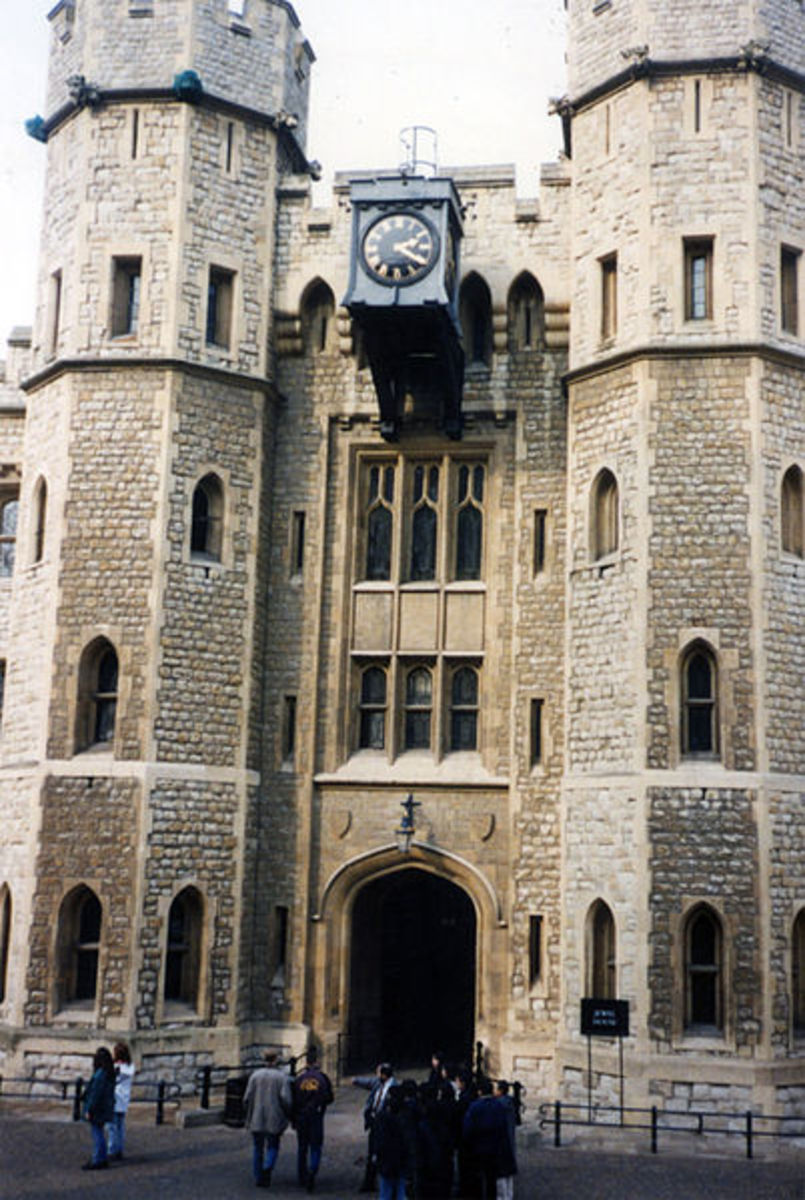A biography of William Wallace
William Wallace is debatably the most well known Scot, however, much of William Wallace's actual life is unknown to historians. And, what is known about William Wallace's life is largely debated by historians.
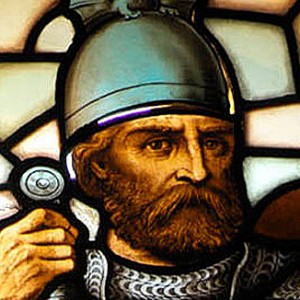
Most of what we know of William Wallace is what happened during the final years of his life; when he fought the English during the First War of Independece. Other than that, there is very little historical evidence of the man William Wallace. According to the 'National Archives of Scotland' there are only four documented sources which were 'issued by Wallace'.
Most of what we know about Wallace steems from 1297 to 1305, we know little about his early life, and childhood. Historians think that it is likely that Wallace was educated, this is because he was born into a family of nobility. It was common for those of nobility to be educted in reading and writing (something which was extrmley rare at the time), it is also likely that Wallace was bilingal, probably he spoke Galic, latin, and even French. We know that in Wallace's later life is went to France to seek help from the French, to defeat the English, so it is possible that he did speak French - as it would have been common in the nobility. Though, there is no evidence that Wallace was billingal, or that he was educated, however, it is an educated guess about what Wallace's abilities were, based on how other nobles lived.
Apart from that, we don't know anything else about Wallace, as there are no historical records to show anything about those early years. We also know little, to nothing about William Wallaces birth family, or any family (wife or children, he may have had). Some scholars argue that Wallace was married to a woman named Marion Braidfute, and that she was murdered by an English nobelman, to which Walllace sought revenge, and killed him, however, other historians argue that there is no real evidence that Wallace was ever married, and that it is based on mythology.
Given that written documents are rare for this era, it is unlikely that we will ever know.
Most historians are in agreement about the time of William Wallace's birth, and where he was born. The consensus is, is that he was born sometime in 1270, and it was in Renfrewshire, just outside Glasgow. It is also suggested that Wallace had familial ties with the Stewart family (they would come to be Scotland's last ruling monarchy.) There is also evidence that Wallace was a Catholic, and grew up as one. This is because one of the four documented letters that Papal support is sought, via the French king Philip IV. Wallace further sought support from Philip in 1299, when he travelled to France asking for the French Kings assistance. King Philip agreed to help Wallace, asking for the Pope to back him. But, other than this, there is nothing documented, or recorded as to what happened while Wallace was in France.
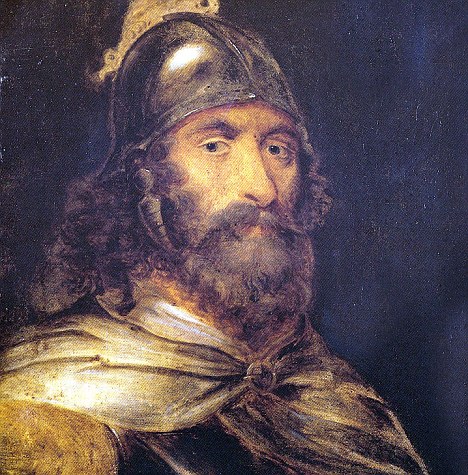
We know that the French King Philip supported Wallace, and funded him. The Scottish archives describes Wallaces time in France 'Wallace's mysterious mission'. We know that he sought French help, and, possibly he sought to restore King John Balliol, who was excilled in Rome at the time (he never returned to Scotland, and died in Rome). It is possible therefore, that Wallace went to Rome, and sought Papal help in person, but, there is no evidence that Wallace ever went to Rome.
Most of what we know about William Wallace was his time in battle. There first documented battle, or incident, was Wallace's assasination of the English high Sheriff of Lanark, William De Heslerig. Thereafter, Wallace carried out further rebellions at the time; which coincided with the rebellions in the Highlands led by Andrew Morray. Wallace and Moray carried out rebellions sepratley from May 1297, until Septemeber 1927 when both men met up and carried out rebellions together.
It was on September 11th 1297, when Wallace and Moray became more serious with their attack on the English, at the Battle of Stirling Bridge. Moray, and Wallace's army when vastly outnumbered by the English, they were also not half as well trained as the English, but, they did win the battle. It was the end for Moray though; he died in battle from inflicted wounds. Wallace's victory as Stirling led him to wage war on Northern England. Wallace overstretched his ambition by invading Northern England, he pilaged, murdered, and rioted, but it was short lived, soon he was driven back to Scotland, extremley quickly.
In the coming months, at the Battle of Falkirk, in April 1298, a few months after his suprising win at Stirling, Wallace was to face his second, and final battle. As a result of Wallace's actions towards Northern England, King Edward I of England drew up a 25,000 strong army, and invaded Scotland. The invasion of Scotland was not just an act of revenge, it was aimed at enticing Wallace out, to capture him. We know it didn't work, Wallace fled to France, and cam back to Scotland sometime in 1304, a year, or few months from his capture and exicution (depending on the date he came back to Scotland).
Wallace was living on borrowed time, in hindsight, his choice to return to Scotland was a fatal mistake. Perhaps this gives us an insight into his personality - he was cocky? arrogant? overestimated his abilities and strengths?. Wallace would have been aware that many of the Scottish nobles were allies of England, and that a return to Scotland would have seen him captured, and sent to England. It's also possible that he could have thought things would have died down in Scotland, or, naively thought that the English would have not had Scottish eyes watching out for the return of Wallace.
Whatever reason Wallace had for returning to Scotland, it was a mistake. Indeed, he was captured by a nobel who sympathised with Edward, and was loyal to Edward, John De Mentheith. mentheith was the man who captured Wallace just outside of Glasgow.
Wallace was taken to England. His trail was quick, a matter of days. It was a forgone conclusion, the trail was really just for show. In the trail Wallace is recorded as saying, ''I could not be a traitor to Edward, for I was never his subject'', in regards to his treasonous charges. There is no evidence that Wallace was offered any sort of clemency, therefore, it wouldn't really have mattered what his choice of words were.
Wallace was hung, drawn, and quatered on the 23rd of August, 1305. And died that day.

